
The Best DNA and Ancestry Products Compared
Best DNA Test for African Americans
- UPDATED April 2025
Explore the guide of the finest DNA test kits tailored for African Americans and discover why using one of these tests can be immensely beneficial.
Advertising Disclosure
Many or all of the companies featured provide compensation to us. These commissions are how we maintain our free service for consumers. Compensation, along with hours of in-depth research, determines where & how companies appear on our site.
When it comes to constructing a family tree, many individuals rely on information passed down from their loved ones. Engaging in conversations with grandparents can reveal valuable details about ancestors and help piece together the family’s history. However, not everyone is fortunate enough to have access to their ancestral information directly. In such cases, turning to DNA ancestry testing can be an effective solution.
Understanding your ancestry provides valuable insights into your family’s journey to the United States and their past dwellings. Nevertheless, it’s essential to be aware that not all DNA tests offer the same level of comprehensive information, particularly for African Americans. Some tests may provide generic results, merely indicating your African origins without much detail.
To address this gap and offer guidance, we have created an article that delves into the best DNA tests tailored for African Americans. In this article, we not only guide you through the process of submitting a sample and utilizing additional online resources, but we also provide an in-depth analysis of the most suitable DNA kits for African Americans. These kits can be conveniently ordered online, allowing you to submit your sample and receive results within a relatively short period, typically six to eight weeks.
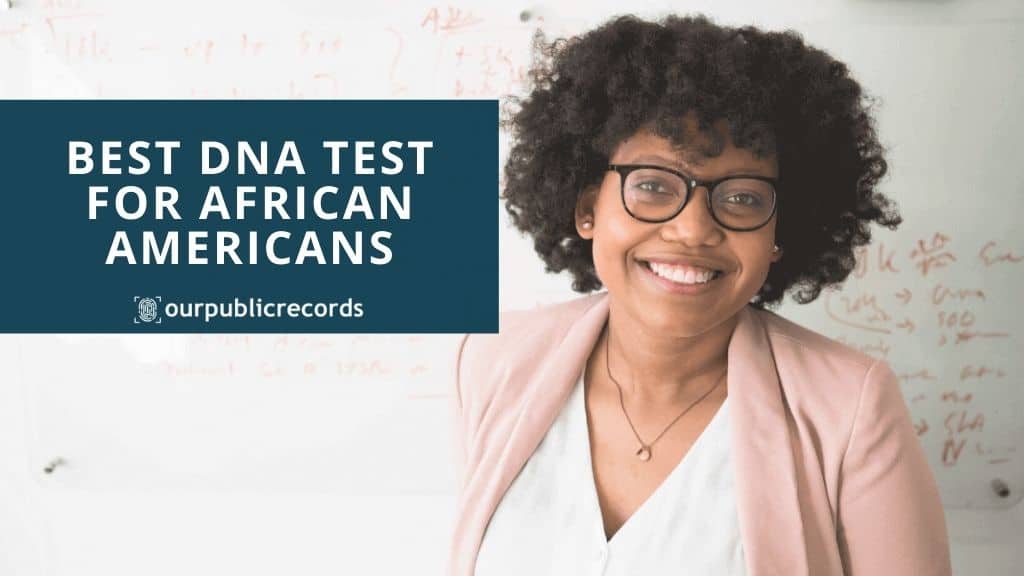
As an African American, utilizing one of these specialized DNA kits empowers you to trace and unravel your heritage through the ages, providing a comprehensive understanding of your ancestral roots.
Some of the common regions where African Americans may find their genetic origins include:
- West Africa: Ghana, Nigeria, Senegal, etc.
- Central Africa: Congo, Cameroon, Angola, etc.
- East Africa: Kenya, Ethiopia, Tanzania, Uganda, etc.
- South Africa: Zimbabwe, Zambia, Botswana, etc.
- North Africa: Morocco, Algeria, Tunisia, etc.
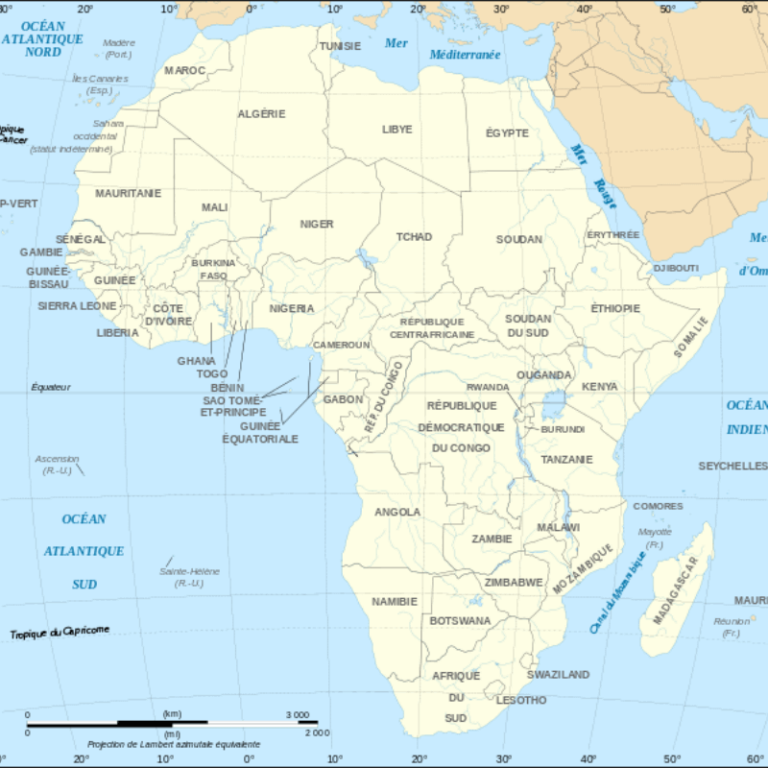
Advertising Disclosure
Many or all of the companies featured provide compensation to us. These commissions are how we maintain our free service for consumers. Compensation, along with hours of in-depth research, determines where & how companies appear on our site.
Best DNA Testing Kits 2025
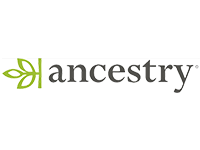
95%
Pros
- Offers solid results at a good price
- Most affordable DNA kit options
Cons
- Requires a subscription to continue using the online family tree feature
Bottomline
- The best DNA kit option for ancestry
- Millions of users and vast information is available
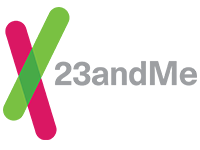
92%
Pros
- Easy-to-read information
- Stores genetic markers and regional results online indefinitely
Cons
- Complete testing of your sample can be relatively expensive
Bottomline
- One of the few home kits that include health screening and genetic marker testing
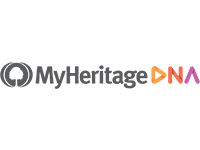
90%
Pros
- Ease of use: simply swab your cheek to provide a sample
Cons
- Add-ons cost an additional fee
- The basic level test provides limited information
Bottomline
- Provides information for over 40 regions
- Great usability features
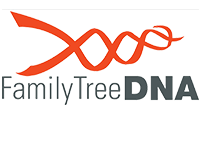
85%
Pros
- User interface is consumer friendly
- Data is easily accessible
Cons
- Does not retain data for an extended period of time
Bottomline
- Beginner-friendly option, suitable for those who prefer doing their research online
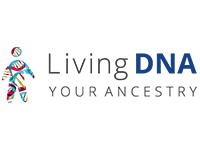
80%
Pros
- Users can compare their own results to a historical database to verify information
Cons
- No feature that connects family members
- Results are most accurate only for British ancestry
Bottomline
- Can deliver strong data for markers relating to the UK
The History of African Migration
The History of African Migration traces back to the 16th century, when historians believe that millions of men and women began leaving Africa. During this period, over 12 million Africans embarked on journeys to distant lands. In the 17th century, migration patterns shifted, with people moving towards the north and south, including regions like Senegal and the Democratic Republic of Congo. These voyages were arduous, and many did not survive the lengthy trips to their new homes, resulting in the formation of diverse cultural groups in different regions.
Slave ships, originating from Europe and other areas, navigated down the African coast, forcibly boarding men, women, and children, and transporting them to various destinations where they were sold into slavery. Today, many African Americans can trace their roots to Central America, South America, and the Caribbean, as their ancestors were among those who endured the painful experiences of slavery. Surprisingly, only a small fraction of the slaves taken from Africa, as low as 3%, were brought to North America. Additionally, a small percentage of Africans journeyed to destinations such as China and other parts of Asia.
How Far Back Can African American DNA Tests Go?
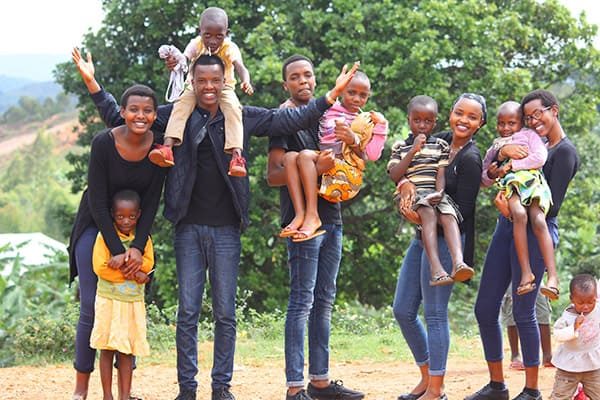
With today’s technology, DNA test kits for African Americans can find information dating back 200-2,000 years.
How To Best Approach a DNA Test As An African American
Doing a DNA test as an African American is fairly simple. As long as you have saliva in your mouth and access to the internet, you can use one of these kits. We highly recommend looking over our guides of these kits and checking out the pros and cons before you decide which one to order. You can register and set up your account when you order too. The site will ask for your name and home address as well as your payment details. You can leave your full name visible or use a nickname, which is how others who use the site will view you.
Many kits provide you with a small tube and a lid that screws or locks onto the top. You will need to fill the sample cup with saliva until it reaches the marked line and then attach the lid. If you choose a kit that asks for a cell sample, you can use the included swab to wipe the inside of your cheek and seal it in the included vial. DNA kits for African Americans include a postage-paid envelope in which you’ll place your sample and send it back. As soon as the company processes your sample, it will send you an email and let you log in to view your results.
Is There Anything You Should Not Do Before Collecting Your Sample?

Yes! The lab may not get results from your sample because you did not provide enough or because your sample mixed with another substance. Some of the things you should avoid doing for at least 30 minutes before collecting a sample include:
- Eating
- Drinking
- Smoking
- Brushing your teeth
- Using mouthwash
Cost
There are free programs available that allow you to create a family tree without any cost. However, when it comes to DNA testing, there is a fee involved. Though the kits and shipping may be free, you are required to pay a processing fee covering the expenses of analyzing your sample and comparing it to others in the database.
African Ancestry stands as one of the more expensive tests we found, usually priced around $300. Nevertheless, it is specifically designed for African Americans and provides detailed results showcasing the exact regions of your family’s origins, making it a valuable choice for those seeking precise ancestral information.
Other tests, like those from Ancestry.com, 23andMe, and MyHeritage DNA, typically retail for around $100. Both Ancestry and 23andMe offer basic kits priced at $99. MyHeritage DNA offers kits starting at $79.
How Long Does it Take to Get Results?
DNA test result processing times typically range from 2 to 12 weeks. However, it’s common for many individuals to receive their results in under four weeks.
What to Look for in A DNA Test For African Americans
When seeking a DNA test as an African American, it is crucial to carefully evaluate each option, as not all test kits are designed equally. While Ancestry.com boasts the largest database, it may not cater specifically to individuals with African American ancestry. While you can discover general information about your family’s origins in certain regions of Africa, precise details about the specific tribes they belonged to in the past may be lacking. As an African American seeking to trace your ancestral roots, there are essential factors to consider when selecting a DNA test.
Autosomal DNA Test
Opting for an autosomal DNA test is a smart choice to consider. Unlike older DNA home testing kits that focused on a single gender, autosomal testing examines your sample based on available chromosomes, offering a comprehensive view of your heritage. This advanced testing method allows you to explore both sides of your family tree with a single test, connecting you with distant relatives who have also taken the same test and registered on the site.
Ethnic and Racial Testing
Ethnic and racial testing is equally important, especially when it comes to unraveling complex ancestral histories. While your grandparents may have shared stories about your family’s origins from a specific region in Africa, the truth may reveal a more intricate picture. Ancestors who endured the harrowing journey of slavery may have branches of your family that remained unknown. An exceptional test can unveil connections to people from various regions, including Europe, North America, the Caribbean, and beyond, providing deeper insights into your diverse heritage.
Database Size and Family Tree
Database size plays a vital role in your quest to build a comprehensive family tree. Ancestry.com stands out as the leader in this category, boasting the largest user base among all sites. With a vast database, your DNA can be compared to more users, increasing the likelihood of discovering meaningful connections with family members worldwide. Additionally, sites offering a family tree feature enable you to add names and dates based on the information found in your relatives’ family trees, further enriching your genealogical exploration.
- Ancestry.com: Over 22 million
- 23andMe: Over 12 million
- MyHeritage DNA: Over 6.6 million
- FamilyTree DNA: 850,000
- African Ancestry: 500,000+
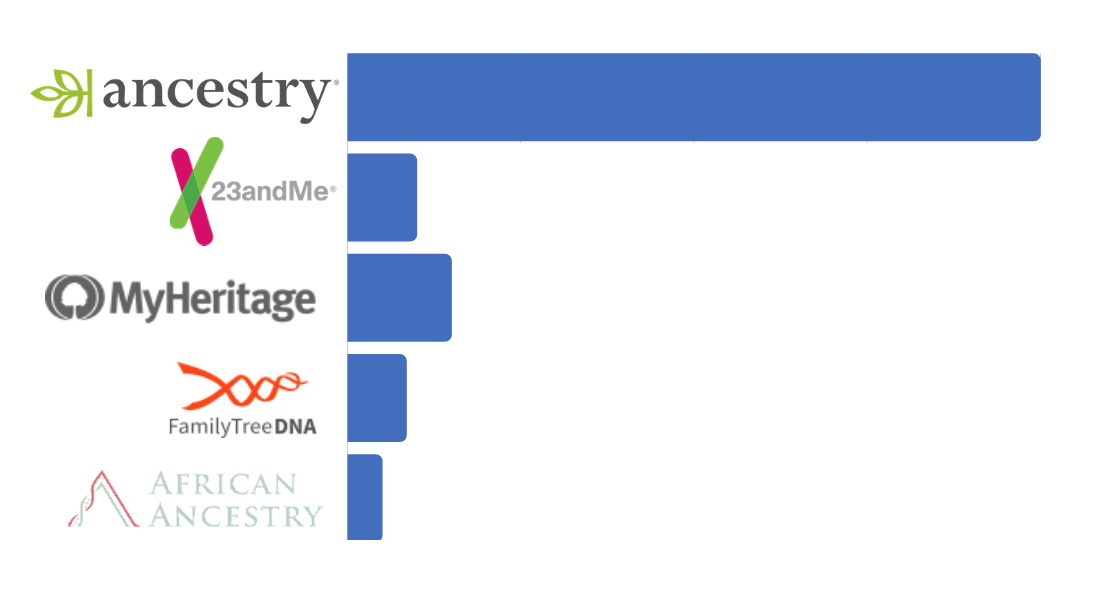
Why Should You Take a DNA Test If You’re African American?
While some individuals are fortunate to have family members who meticulously kept records, enabling them to trace their ancestors through church records and grave sites, the same may not be true for those with a significant African American heritage. Many African Americans in the United States are descendants of enslaved Africans, whose circumstances deprived them of the tools and records necessary to maintain their roots and pass down information for future generations.
By analyzing your genetic makeup, DNA testing can provide essential insights into your ancestral origins, helping you connect with your past and discover links to diverse regions and populations. Embracing DNA testing opens up a world of possibilities, allowing you to bridge historical gaps and forge connections to your heritage that might otherwise remain obscured.
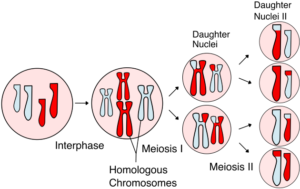
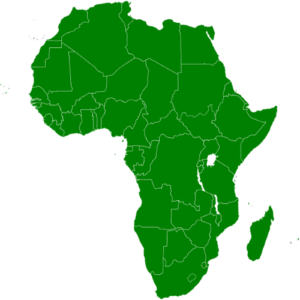

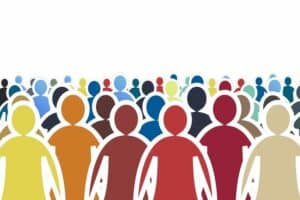
African Ancestry DNA Test for African Americans
The top choice for African Americans seeking a DNA test is the African Ancestry test, despite its higher cost. This test stands apart as the only one specifically tailored for individuals with African heritage. Offering the flexibility to test either your mother’s or father’s side, you can also opt for a second test to unveil results from both branches of your family tree. No other test can provide such intricate breakdowns of your family’s origins, pinpointing specific regions and areas in Africa.
African Ancestry assures its users that their data will never be sold or shared, providing peace of mind in this regard. For those considering the African Ancestry DNA test, bundle packages are available, featuring both paternal and maternal DNA testing. Additionally, these bundles include four tee-shirts displaying your country of origin and certificates of ancestry. You also gain access to a private African American Facebook ancestry page, facilitating connections with others on similar ancestral journeys, and receive a guide to assist you in researching and building your family tree.
Pros and Cons of the African Ancestry DNA Test
PROS
- Offers multiple testing options
- Includes country of origin information
- Designed specifically for African Americans
- Provides access to an exclusive group
CONS
- Does not offer genetic matching information
- Relatively expensive
MyHeritage DNA Kit for African Americans
MyHeritage DNA may not have the same level of fame as Ancestry.com and 23andMe, and you might not come across advertisements for this company on your TV or computer. However, this lack of extensive advertising indicates that MyHeritage prioritizes its users over promotional efforts. For those concerned about the privacy of their genetic information, MyHeritage is an excellent option. The company’s terms and conditions clearly state that genetic information will not be shared without explicit permission. Users have the flexibility to share their information with other sites for result comparisons, if desired.
Not only does MyHeritage DNA offer affordability, making it an attractive choice for African Americans, but it also stands out for its detailed ethnic breakdown. After receiving your results, you’ll discover the exact percentage of each ethnicity you possess. This feature benefits both men and women, as it delves up to six generations into the past. With an extensive analysis of over 40 ethnic regions, MyHeritage DNA is particularly well-suited for African Americans, effectively tracing their roots to countries and regions worldwide. The comprehensive insights offered by MyHeritage DNA make it a top-notch selection for those seeking to explore their diverse ancestral heritage.
PROS
- Affordable option
- Privacy assurance
- Ethnic breakdown
- Comprehensive analysis
CONS
- Smaller database
- Lacks some ethnic regions
- No health and wellness testing
Ancestry.com DNA Kit for African Americans
Ancestry.com offers its DNA test kit to people of all ages, ethnicities, and backgrounds, providing insights into their family’s historical past. Upon setting up an account and ordering the kit, users can choose to keep their results private or share them with others on the platform. By opting to share their data, individuals gain access to a list of potential DNA matches, enabling easy communication with newfound relatives through the site’s messaging system. Additionally, the platform’s message board allows users to post inquiries and seek assistance in uncovering more about their family history. However, it’s worth noting that accessing these features requires an Ancestry.com subscription, available on a monthly or yearly basis.
For African Americans, Ancestry.com stands out as an excellent choice due to the diverse range of regions it explores in its DNA analysis. The test can unveil even small percentages of European or Asian ancestry, providing a comprehensive picture of one’s genetic heritage. However, before making a purchase, it’s essential to thoroughly review the terms and conditions. Ancestry.com retains the right to share user data with research institutions and law enforcement, which may raise privacy concerns for some individuals.
PROS
- Extensive ethnic analysis
- DNA match list
- Message board support
- User-friendly interface
- Family-tree integration
CONS
- Subscription requirement
- Data sharing concerns
- Limited health insights
23andMe DNA Kit for African Americans
Curious about your genetic predispositions and wellness traits? 23AndMe offers a unique DNA test that goes beyond ancestry exploration, providing valuable health and wellness information. While the basic test costs around $100, you can opt for additional health testing, which may increase the total cost by $50 or more. Many users find the extra insights worthwhile, as it sheds light on how genes influence behavior, thinking patterns, and inherited traits.
The test includes autosomal, mtDNA, and Y-DNA testing, offering comprehensive insights into your genetic makeup. The company classifies the world into 31 regions, revealing the percentage of your genes associated with each area. However, some users find it challenging that major African regions are lumped together, hindering a precise understanding of their ancestors’ origins.
One consideration when using 23andMe is the privacy of your data. The company reserves the right to sell and share your genetic information, and it collaborates with GlaxoSmithKline, a pharmaceutical company, for new product testing.
PROS
- Health and wellness insights
- Comprehensive genetic testing
- Regional breakdown of over 31 regions worldwide
- User-friendly interface
- Potential Ancestral Connections
CONS
- Additional cost for health insights
- Lumping of African regions
- Data privacy concerns
- Limited Y-DNA and mtDNA Analysis
- Health and ancestry separation
FamilyTree DNA Test for African Americans
FamilyTree DNA offers a compelling choice for those seeking to explore their genetic heritage. This test provides valuable insights into the shared genes and potential familial relations between individuals, as well as detailed geographic origins and ancestral depth in specific regions. Depending on your biological gender, you can opt for the Y-DNA or mtDNA test, both of which offer unique genetic information. For enhanced connections with other users, the Family Finder feature allows you to trace shared genetic makeup with family members up to six generations back.
For African Americans new to genealogical research, FamilyTree DNA stands out as an excellent option. The platform simplifies the process of discovering family members and facilitates the creation and customization of a virtual family tree. Sharing this tree with loved ones can foster a deeper understanding of one’s ancestry. However, a notable drawback is that FamilyTree DNA may delete your data if you do not use the site regularly, making it essential to maintain a separate backup copy of your genetic information.
PROS
- Comprehensive genetic insights
- Choice of Y-DNA and mtDNA tests
- Family finder feature
- Virtual family tree
CONS
- Data deletion policy
Getting More from Your African American DNA Test with GEDMatch
Unlock the full potential of your African American DNA test by utilizing GEDMatch, a valuable free tool that opens doors to unmatched insights. While popular DNA testing sites like African Ancestry and Ancestry.com present results in user-friendly graphs, their matching features are limited to their own registered users. GEDMatch stands out as it allows you to upload your raw data from any testing site and compare it with data submitted by individuals from various platforms. To begin your journey with GEDMatch, check out our comprehensive guide on How to Use GEDMatch.
Imagine you received a DNA test result stating you are 92.6% African American, but with only a broad division into two African regions. With GEDMatch, you can now explore matches with others who share your chromosomes and discover connections to diverse regions from other testing companies. Additionally, GEDMatch allows you to identify specific chromosomes and interact with users who possess similar genetic markers. By exchanging data with these users, you can gain valuable insights from multiple testing sources. Moreover, GEDMatch presents a unique opportunity to potentially connect with living relatives residing in Africa, further enriching your understanding of your ancestral heritage.
How to Get Your Raw Data
- Log into your account with the DNA testing service
- Click on the button or link to view your DNA summary
- Enter the settings menu via a button on the page
- Look for a download button, which you can press to immediately download your data in a new file
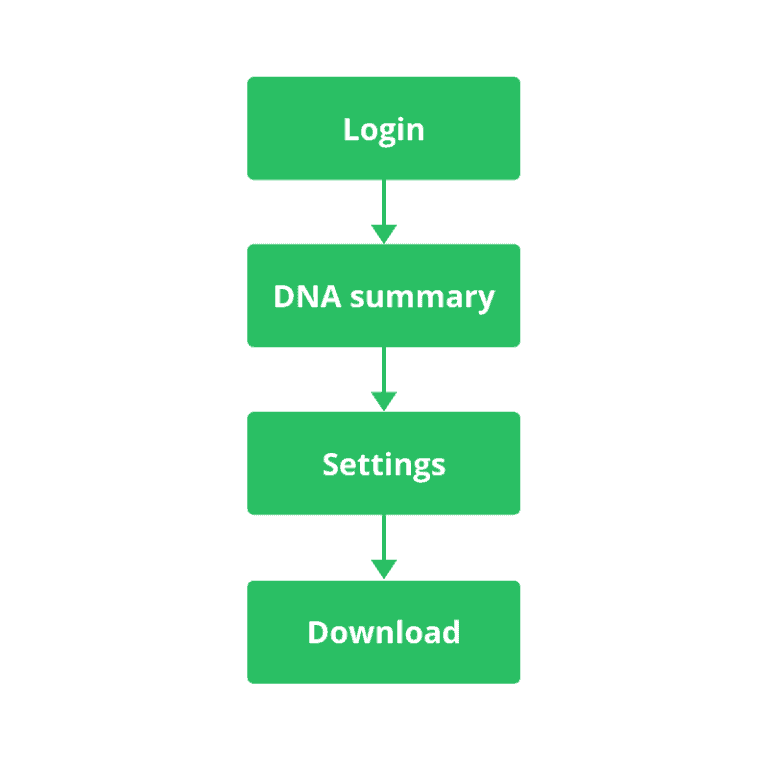
Is African Ancestry the Ideal African American DNA Test for You?
Proving your African American heritage can open doors to scholarships for college and provide access to loans and grants for minority business owners. However, claiming these opportunities often requires more than just stating your ethnicity. You may need to provide family records or a detailed genealogy tree that traces your family’s history and origin. This is where an African American DNA test becomes crucial.
While African Ancestry ranks as our top choice for the best African American DNA test, there are important aspects to consider. Founded in 2003 and based in Washington, DC, the company aims to help African Americans better understand their cultural heritage and ancestral roots. Their test requires a simple cheek swab to analyze the mitochondria DNA, which comes from your father’s lineage. Since this DNA remains relatively unchanged from one generation to the next, it offers valuable insights into your African American ancestry and country of origin.
